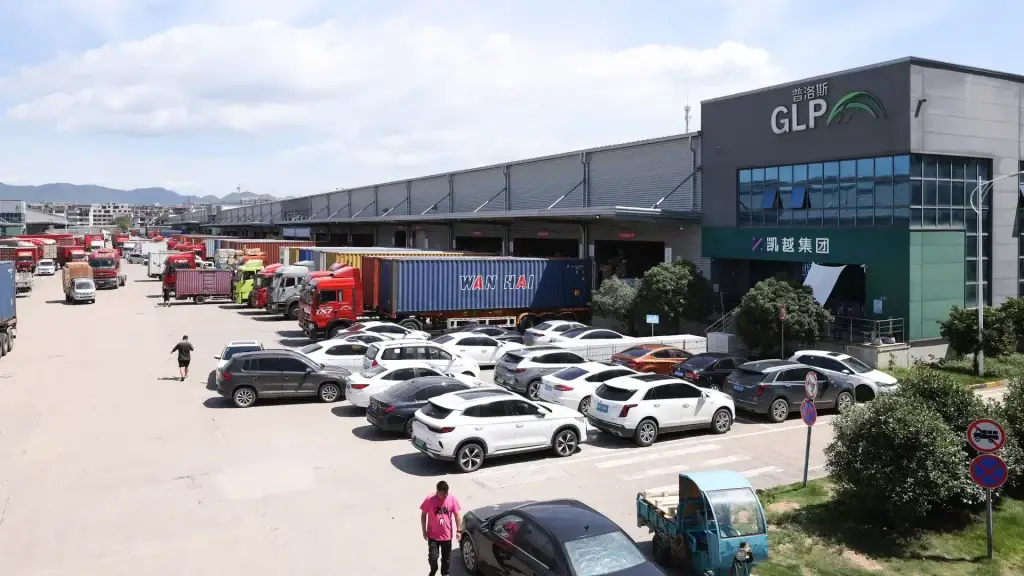If you have ever sourced products in China—whether through platforms like Alibaba or during trade shows such as the Canton Fair—you might have faced the same doubt: Am I dealing with a real factory or just a trading company?
This question matters more than most buyers realize. Choosing between a factory and a trading company directly impacts your price, product quality, communication efficiency, and even long-term business growth. Let’s break down the differences and learn how to identify them.
Understanding the Difference
At first glance, both factories and trading companies may present themselves as “manufacturers.” But their roles are quite different:
Factories
- Own production facilities, machinery, and skilled workers.
- Control raw materials, manufacturing processes, and quality standards.
- Typically offer better pricing for large orders and product customization.
Trading Companies
- Act as intermediaries between buyers and factories.
- Do not own production lines; instead, they source products from multiple factories.
- Offer convenience if you want to buy small quantities or source across product categories.
Neither is inherently “bad.” The key is knowing which one fits your specific needs.
Signs You Are Talking to a Real Factory
Here are some common indicators that a supplier is a genuine manufacturer:
- Factory Address in an Industrial Zone
Factories are usually located in industrial parks or manufacturing clusters, not in office towers downtown.
- Production Knowledge
Real factories can explain raw materials, production techniques, and quality control steps in detail.
- Stable MOQ and Lead Times
Because they manage production directly, factories usually have clear minimum order quantities and predictable delivery schedules.
- Willingness to Host Visits
A factory will welcome you to visit their workshop and show their equipment or production line.
- Product Focus
Most factories specialize in one product category (e.g., electrical sockets, home textiles, kitchenware) rather than offering a wide range of unrelated items.
Common Traits of Trading Companies
On the other hand, here’s how you can often recognize a trading company:
Extremely Broad Product Range: One supplier claims to sell shoes, electronics, toys, and kitchenware all together.
Limited Knowledge About Production: They can provide price lists but may struggle to answer technical questions.
Office Location: Their address might be in a commercial building rather than an industrial zone.
Flexible but Unclear Pricing: Prices may change depending on which factory they source from.
Focus on Services: They emphasize convenience, consolidation, and communication more than manufacturing capabilities.
Practical Ways to Verify Supplier Type
If you are still unsure, here are some practical checks:
Check Business License: Chinese companies are registered either as manufacturers or trading firms. Business registration platforms can reveal this.
Factory Audit or Virtual Tour: Ask for a video call from inside the production workshop.
Look at Trade Show Details: At Canton Fair, check exhibitor information—many booths indicate whether they are manufacturers or trading companies.
Map Verification: Use Google Maps or Baidu Maps to confirm whether their address is in a manufacturing area.
Cross-Check Product Consistency: A factory tends to focus on variations of one category, while a trading company handles multiple unrelated items.
Should You Always Choose a Factory?
Not necessarily. Each option has its advantages:
Factories are best if:
- You want large-volume orders.
- You need product customization (OEM/ODM).
- You prioritize lower costs and direct control.
Trading Companies are useful if:
- You are sourcing small quantities.
- You want to buy products across different categories.
- You prefer one point of contact to manage multiple suppliers.
The choice depends on your sourcing strategy.
How a Sourcing Partner Helps
For international buyers—especially newcomers—it’s not always easy to tell the difference between factories and trading companies. A professional sourcing partner can:
- Verify supplier backgrounds quickly.
- Match you with the right type of partner based on your needs.
- Conduct factory audits and quality inspections.
- Negotiate favorable terms and manage logistics.
At Market Union, we help overseas buyers confidently source from China by ensuring you connect with the most reliable factories or trading partners for your business.
Final Thoughts
Distinguishing between factories and trading companies in China doesn’t have to be a mystery. By asking the right questions and using simple verification methods, you can save time, avoid risks, and build stronger supplier relationships.
Share your story in the comments—or reach out to Market Union if you want expert support in identifying trustworthy partners for your next sourcing project.
 Women Activewear
Women Activewear
 Men Activewear
Men Activewear
 Men Outdoor Apparel
Men Outdoor Apparel
 Women Outdoor Apparel
Women Outdoor Apparel
 Team Sports
Team Sports
 Sports Shaper & Sports Safety
Sports Shaper & Sports Safety
 Camping & Hiking
Camping & Hiking
 Boxing Fighting & Dance Gymnastics
Boxing Fighting & Dance Gymnastics
 Game Room & Backyard
Game Room & Backyard
 Swimming & Beach
Swimming & Beach
 Sports & Outdoor Accessories
Sports & Outdoor Accessories
 Cycling
Cycling
 Winter Sports
Winter Sports
 Racquet Sports
Racquet Sports
 Water Sports
Water Sports
 Hunting
Hunting
 Fitness
Fitness
 Fishing
Fishing












































